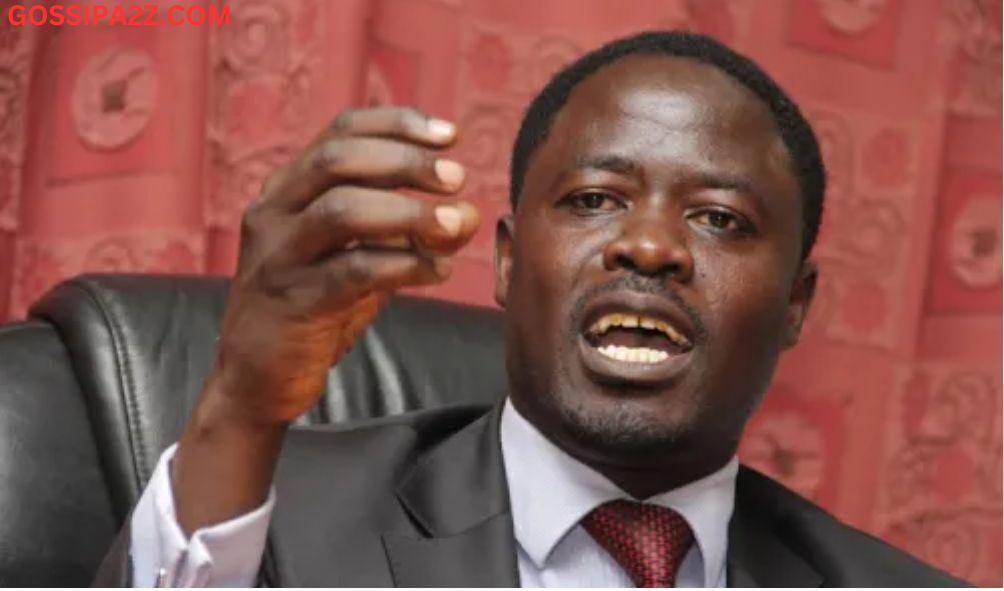Supreme Court Rejects Kaluma’s LGBTQ Challenge
On Tuesday, the Supreme Court denied Peter Opondo Kaluma, a member of parliament from Homa Bay Town, his request to review its decision regarding the definition of sex.
Kaluma contested the Supreme Court’s ruling and how the nation’s highest court had characterized the term sex in the LGBTQ case.
“Flowing from our findings above, the final orders to be made are as follows: (i) The Notice of Motion dated 9th March 2023 is dismissed,” the ruling read in part.
The Supreme Court ruled that Sections 162,163, and 165 of the Penal Code and the provisions of Article 24 of the Constitution do not indicate an intent to restrict the freedom of association of LGBTIQ individuals solely based on their sexual orientation.

“On the provisions of Article 36, the Court found that the 1st respondent’s limitation of the 2nd respondent’s right to freedom of association was not proportionate to the aim sought for registration of the proposed NGO.
“This Court also held that the word “sex” as used in Article 27 of the Constitution, was to be interpreted as to include the expression “sexual orientation,” the Supreme Court observed.
In an application filed with the Supreme Court on March 9, 2023, Kaluma requested that the orders compelling the NGO Coordination Board to register LGBTQ community members be stayed.
ALSO READ: Kenya to Implement Controversial Anti-LGBTQ+ Legislation
Kaluma also asked the Justices to review and vacate the judgment of February 24, 2023, in which, in paragraph 79, the Court determined and ruled that the use of the word sex in Article 27(4) of the Constitution “refers also to the sexual orientation of any gender, whether heterosexual, lesbian, gay, or intersex.”
“The Court be pleased to review and set aside the judgment of this Court dated 24th February 2023 where at paragraph 79 it found and decreed that the appellant’s action of refusing to reserve the name of the 1st respondent’s intended NGO on the ground that Sections 162, 163 and 165 of the Penal Code criminalizes gay and lesbian liaisons was discriminatory given Article 27 (4) of the Constitution,” the judgment read in parts.
However, while rejecting Kaluma’s appeal, the Supreme Court ruled that homosexuals have the right to be free from direct or indirect discrimination.
In addition, the court noted that Kaluma, an outspoken critic of the LGBTQ community, had violated the rights of homosexuals.
“Consequently, we did, by a Majority, agree with the findings of the High Court, and the Court of Appeal that LGBTIQ persona have a right to freedom of association, which includes the right to form an association of any kind,” the Supreme Court affirmed.
The Supreme Court also ordered the member of parliament for Homa Bay Town to pay the costs of the appeal.

Supreme Court Rejects Kaluma’s LGBTQ Challenge
